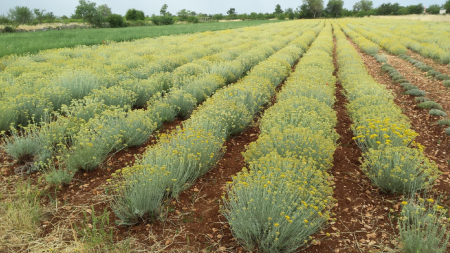
Objective:
The role and importance of organic production lie in the sustainable management of natural resources (preserves soil fertility, flora and fauna, water and atmosphere), forbids the use of chemical means of protection and fertilizers, restoring balance to nature and thus preserves biodiversity, encourages rural development and facilitates the development of small family farms, contributes to the development of eco-tourism and eco-villages and thus links agricultural, tourism and craft activities.
Context:
According to the Council Regulation of the European Union, Organic production (‘organic’, ‘biological’) is defined as a separate sustainable management system in agriculture and forestry, which includes the cultivation of plants and animals, the production of food, raw materials and natural fibres and the processing of primary products, and includes all ecologically, economically and socially justified production methods, best utilizing the fertility of the soil and available water, natural properties of plants, increasing the yield and resistance of plants by natural forces and laws.
Contacts:
Jadranka Roša, jadranka.rosa@hrsume.hr, https://www.hrsume.hr/index.php/en/
Further information:
http://www.hrsume.hr/